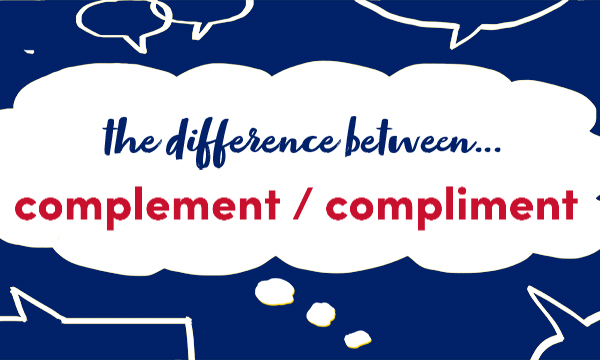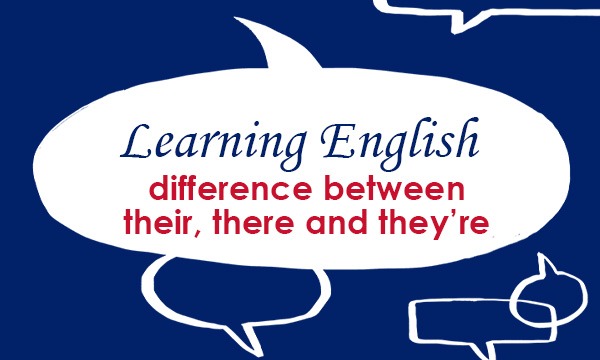This week we are looking at two words which are sometimes confused by learners of English: complement and compliment.
complement

Complement can be used as a verb and a noun.
If one thing complements another, the two things increase each other’s good qualities when they are brought together.
Nutmeg, parsley and cider all complement the flavour of these beans well.
Current advances in hardware development nicely complement British software skills.
Something that is a complement to something else complements it.
The green wallpaper is the perfect complement to the old pine of the dresser.
compliment

Compliment can be used as a verb and a noun.
If you compliment someone, you tell them that you admire something that they have or something that they have done.
They complimented me on the way I looked.
She is to be complimented for handling the situation so well.
A compliment is something that you do or say to someone to show your admiration for them.
She took his acceptance as a great compliment.
You say that you pay someone a compliment.
He knew that he had just been paid a great compliment.
Find out more in our English Usage article.
This blogpost is based on Collins COBUILD English Usage, written for learners of English. For more examples of English usage points, please visit: https://grammar.collinsdictionary.com/english-usage.
All opinions expressed on this blog are those of the individual writers, and do not necessarily reflect the opinions or policies of Collins, or its parent company, HarperCollins.



